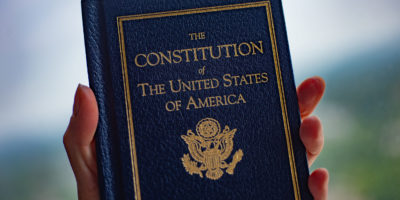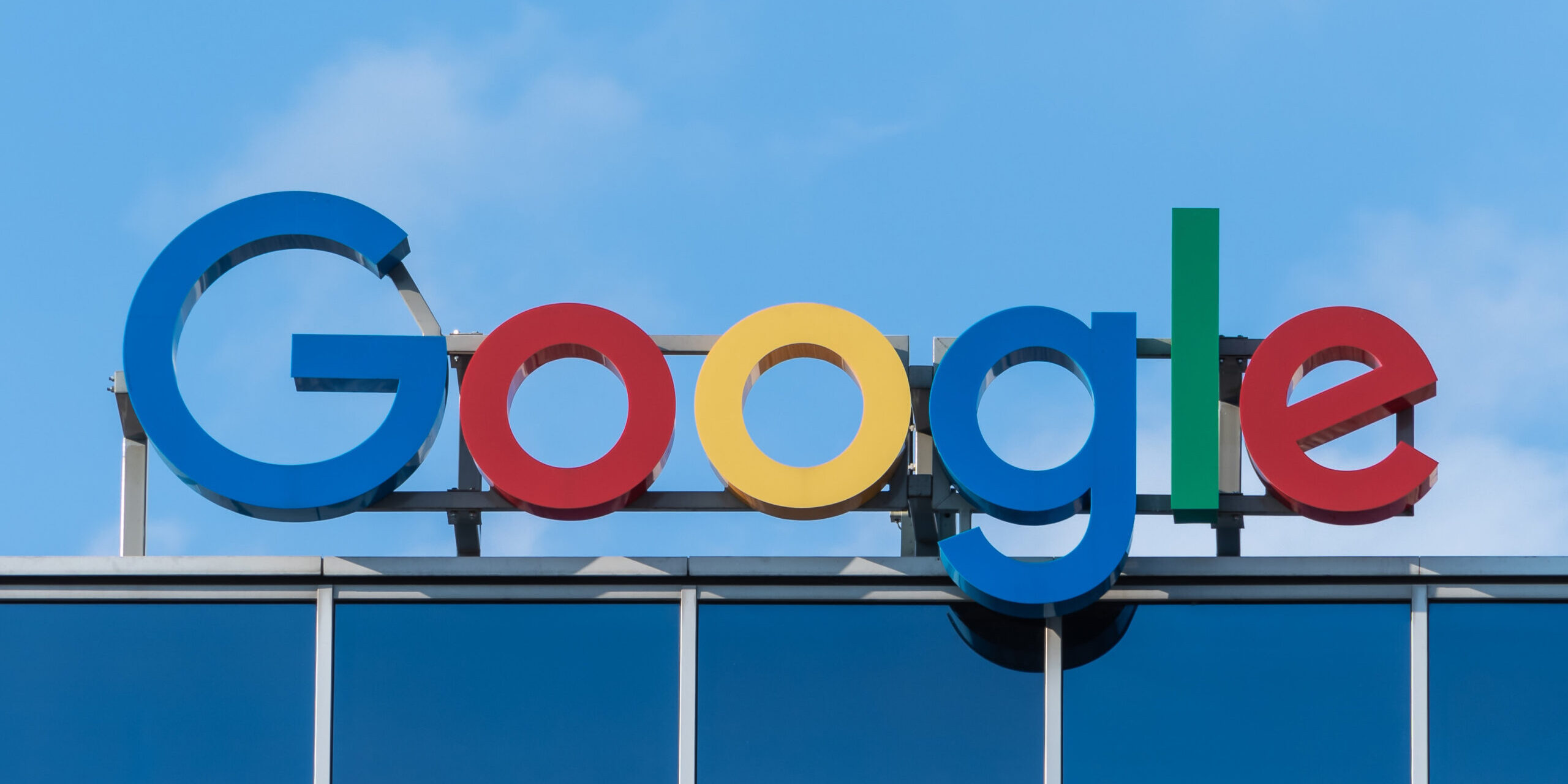By Aaron Sibarium
Google is setting strict caps on the number of white and Asian students that universities can nominate for a prestigious fellowship program, a policy legal experts say likely violates civil rights law and could threaten the federal funding of nearly every elite university in the United States.
The Google Ph.D. Fellowship, which gives promising computer scientists nearly $100,000, allows each participating university—a group that includes most elite schools—to nominate four Ph.D. students annually. “If a university chooses to nominate more than two students,” Google says, “the third and fourth nominees must self-identify as a woman, Black / African descent, Hispanic / Latino / Latinx, Indigenous, and/or a person with a disability.”
That criterion, which an archived webpage shows has been in place since at least April 2020, is almost certainly illegal, civil rights lawyers told the Washington Free Beacon—both for Google and the universities.
“It is illegal for Google to enter into contracts based on race under the Civil Rights Act of 1866,” said Adam Mortara, the lead trial lawyer for the plaintiffs in Students for Fair Admissions v. Harvard, who are pressing the Supreme Court to outlaw affirmative action. “And it is illegal for universities receiving federal funds to nominate students based on race under Title VI of the 1964 Civil Rights Act.”
That means nearly every top school in the United States could be at risk of losing its federal funding. Since Google’s discriminatory rule went into effect, a long list of universities has nominated students for the fellowship: Harvard, Yale, Stanford, Princeton, the Massachusetts Institute of Technology, Columbia, Cornell, Duke, Johns Hopkins, the University of Pennsylvania, the University of Michigan, the University of North Carolina Chapel Hill, the University of California Berkeley, and New York University.
Read the rest of the article here: The Washington Free Beacon











